
The glare of the spotlight often follows those who achieve widespread public recognition, transforming their lives into a public spectacle. From the grand stages of ancient Greece to the digital feeds of modern social media, the phenomenon of celebrity has continuously evolved, shaping cultures and defining aspirations. Yet, with immense fame and fortune comes an equally intense level of scrutiny, often extending into the most private aspects of a celebrity’s life and holdings.
This deep dive will explore the intricate dynamics of celebrity in the contemporary world, unpacking how fame is cultivated, the vast wealth it generates, and the relentless public and legal oversight that accompanies it. We’ll examine the historical roots of stardom, the economic engines driving celebrity culture, and the pervasive influence of mass media and the internet, all leading up to the unexpected moments when private lives intersect with public regulations.
A recent incident involving one of the world’s most prominent figures, Jeff Bezos, whose opulent yacht was subjected to a thorough search by law enforcement, serves as a stark illustration of these interwoven complexities. This event, while seemingly isolated, underscores a broader narrative about the privileged yet scrutinized existence of the ultra-wealthy. It highlights how even billionaires are not entirely immune to the watchful eyes of authorities, especially when strict regulations governing financial transparency and security are in play.
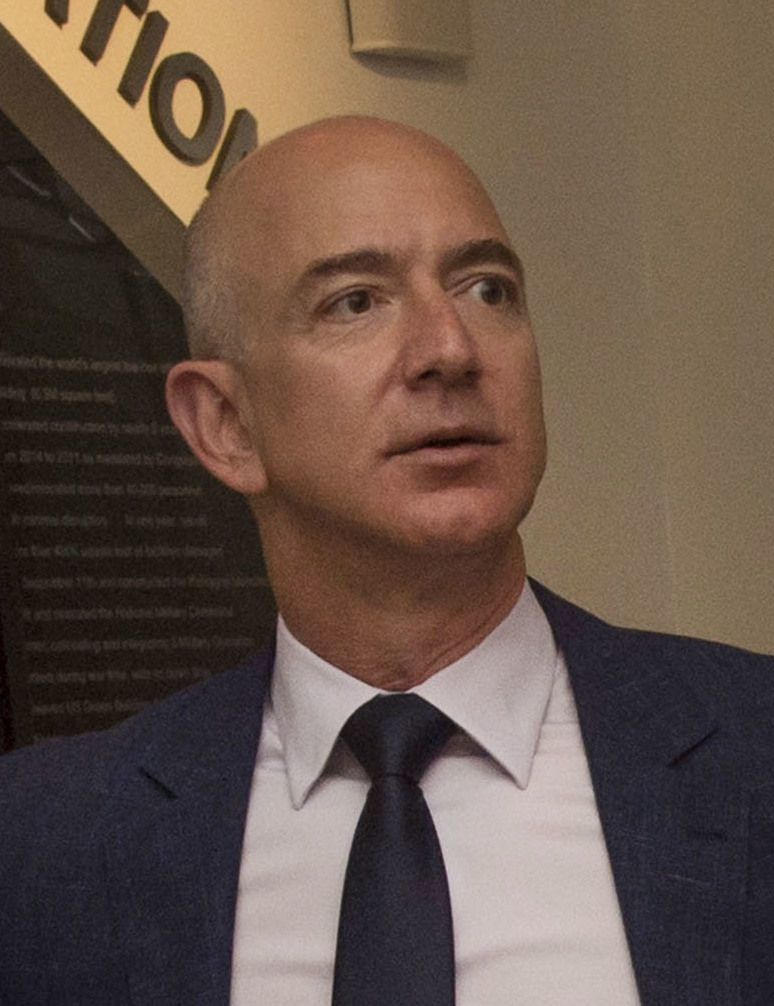
1. **The Nature of Celebrity and Public Recognition**Celebrity, at its core, signifies a condition of widespread public recognition, largely cultivated by the continuous attention given by mass media. The term applies to both this state and the renowned individuals themselves. Pathways to celebrity status are varied, encompassing great wealth, participation in sports or entertainment, political prominence, or even connections to other celebrities. Crucially, ‘celebrity’ typically implies a favorable public image, distinguishing it from neutral terms like ‘famous’ or ‘notable,’ or the negative ‘infamous’ and ‘notorious.’
British historian Greg Jenner’s 2020 book, *Dead Famous: An Unexpected History Of Celebrity*, defines celebrity as “a unique persona made widely known to the public via media coverage, and whose life is publicly consumed as dramatic entertainment, and whose commercial brand is made profitable for those who exploit their popularity, and perhaps also for themselves.” While often associated with early Hollywood, Jenner suggests the earliest celebrities emerged in the early 1700s, exemplified by figures like Henry Sacheverell, indicating a deeper historical lineage.
The evolution of celebrity mirrors the spread of mass media. Ancient Greek athletes, for instance, were lauded as heroes with songs and poems, while Ancient Rome celebrated actors and gladiators. Julius Caesar even appeared on a coin during his lifetime, a notable departure from tradition. The 12th-century phenomenon surrounding Thomas Becket, promoted as a martyr by the Christian Church, demonstrates how widespread imagery and narratives could rapidly secure lasting fame, inspiring pilgrimages, plays, and films, much like modern celebrity fascinations.
Later, cultural hubs like 18th and 19th-century London and Paris became vital for fostering fame, aided by the advent of “gossip” columns in newspapers and specific social events offering publicity. Charles Dickens is often cited as a prime example, dubbed the “first writer to feel the intense pressure of being simultaneously an artist and an object of unrelenting public interest and adulation,” and even the “first self-made global media star of the age of mass culture.” This historical backdrop underscores the enduring human captivation with public figures, merely adapting to new mediums.
Read more about: Gene Simmons’ Malibu Car Crash: Shannon Tweed’s Urgent Health Revelations and His Life After Kiss
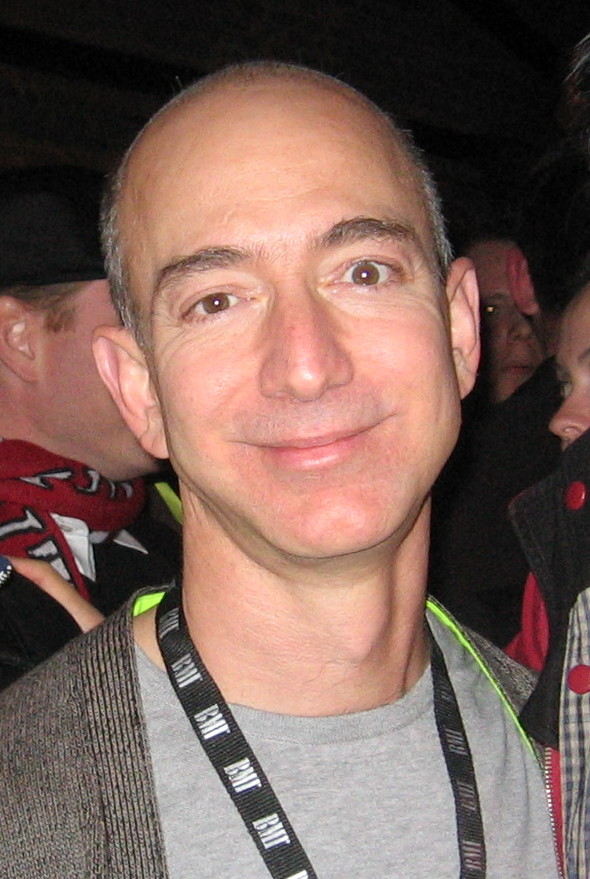
2. **The Accumulation of Celebrity Wealth**Achieving celebrity status frequently translates into significant financial prosperity, positioning many famous individuals among the world’s wealthiest. *Forbes* magazine consistently highlights this economic power with its annual Celebrity 100 list, detailing the highest-paid stars. The collective earnings of the top 100 alone reached $4.5 billion in 2010, illustrating the vast financial scale of global recognition.
Media mogul Oprah Winfrey exemplifies this earning potential, often topping *Forbes*’ rankings as one of the most powerful celebrities, with reported earnings of $290 million in a single year. Lady Gaga earned over $90 million in 2010, and golf icon Tiger Woods consistently ranks among the highest-paid athletes, bringing in $74 million in 2011. This diversity underscores that immense wealth accumulation is possible across various celebrity domains.
Other enduring figures also demonstrate sustained financial prowess. Madonna, in 2013, was both the fifth most powerful and the highest-earning celebrity, with $125 million. Beyoncé has repeatedly featured in the top ten, even leading the list in 2014 with $115 million. Even in team sports, Cristiano Ronaldo and Lionel Messi became the first athletes in their field to surpass $1 billion in career earnings by 2020, marking unprecedented financial milestones.
Furthermore, *Forbes* acknowledges the substantial posthumous earnings of deceased celebrities, showcasing the lasting commercial value of powerful brands. Figures such as Michael Jackson, J. R. R. Tolkien, and Roald Dahl have all topped annual lists for deceased celebrity earnings, with hundreds of millions generated in a single year. This highlights how a recognized name can continue to be a formidable economic asset long after an individual’s lifetime.
Read more about: Katy Perry’s Chart-Topping Legacy: A Comprehensive Analysis of Her Music Milestones, Commercial Success, and Cultural Impact
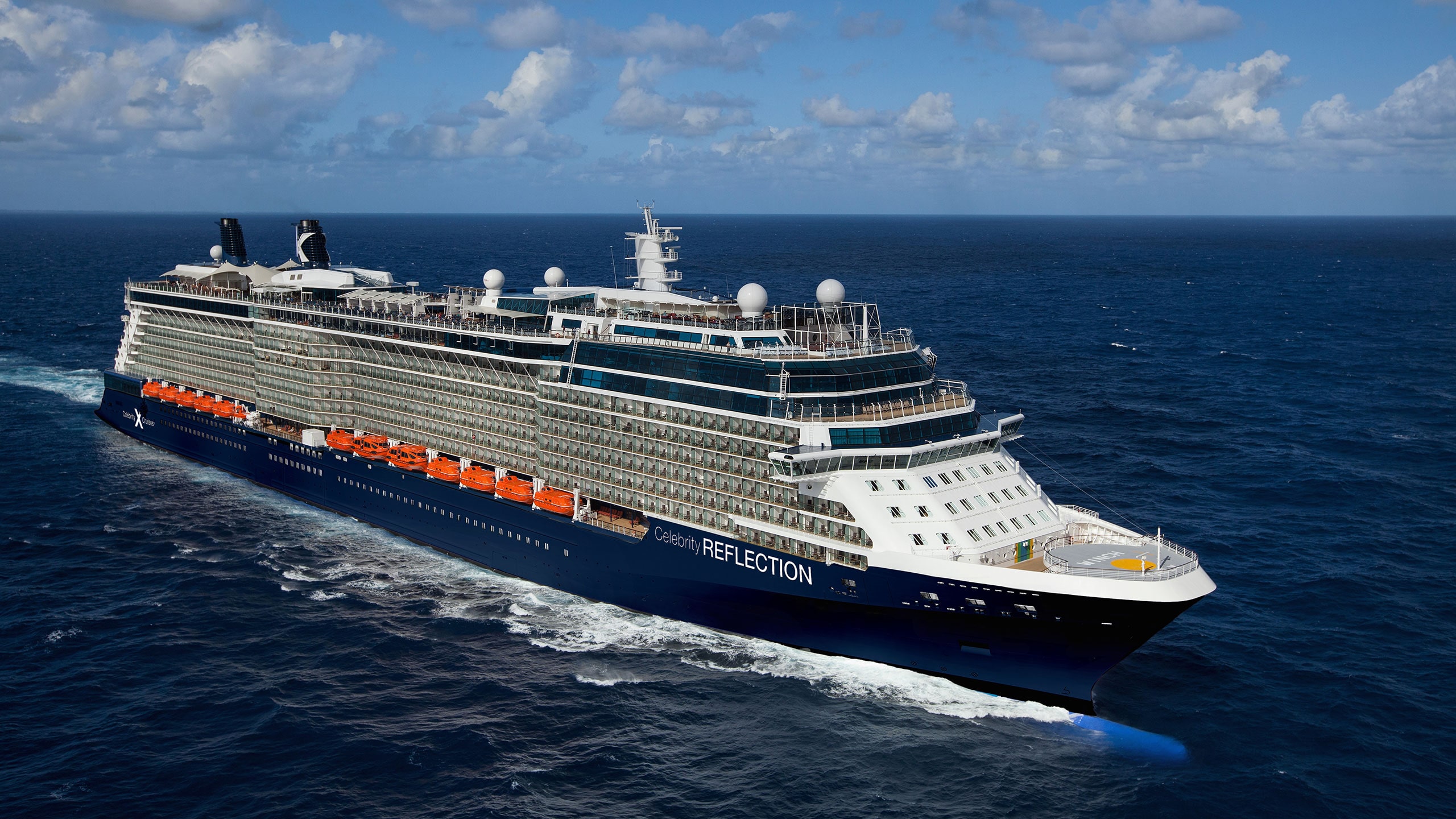
3. **Celebrity Entrepreneurship and Endorsements**Beyond their core professions, celebrities adeptly leverage entrepreneurship and endorsements to build substantial wealth. Endorsements are particularly effective globally, transforming celebrity-backed products into coveted “status symbols.” While some merely lend their names for quick profit, many genuinely embrace an entrepreneurial spirit, venturing into business aspects of entertainment and establishing distinct brands beyond their primary salaried roles, often investing their earnings into new endeavors.
Numerous celebrities have transitioned into business moguls, drawing inspiration from figures like Bill Gates and Warren Buffett. Michael Jordan, for instance, became an entrepreneur with investments like a minority stake in the Charlotte Bobcats. Paul Newman, post-acting, famously launched a successful salad dressing business. Rap artist Birdman diversified significantly, creating a record label, a clothing line, and an oil business while maintaining his music career, showcasing ambitious multi-industry engagement.
This entrepreneurial trend extends to sports team ownership, with prominent athletes making strategic investments. David Beckham became co-owner of MLS team Inter Miami in 2014, playing in 2020. Former Brazil striker Ronaldo acquired a majority stake in La Liga club Real Valladolid in 2018. In film, figures like Tyler Perry, George Lucas, and Steven Spielberg found entrepreneurial success by founding their own production companies and running studios, expanding their influence and financial portfolios beyond creative roles.
The spectrum of celebrity business ventures and endorsements is vast, ranging from animation and fashion design to cosmetics, electronics, and fast food. LeBron James boasts endorsement contracts with major brands including AT&T, Coca-Cola, Crypto.com, McDonald’s, and Nike. While these ventures can yield considerable financial success, it’s crucial to acknowledge that not all celebrities are successful businesspeople; many still rely on salaried income, and some side ventures have unfortunately led to financial difficulties or bankruptcy.
Read more about: The Multi-Hyphenate Empire: Unpacking Zendaya’s Strategic Investments in Craft, Brand, and Influence
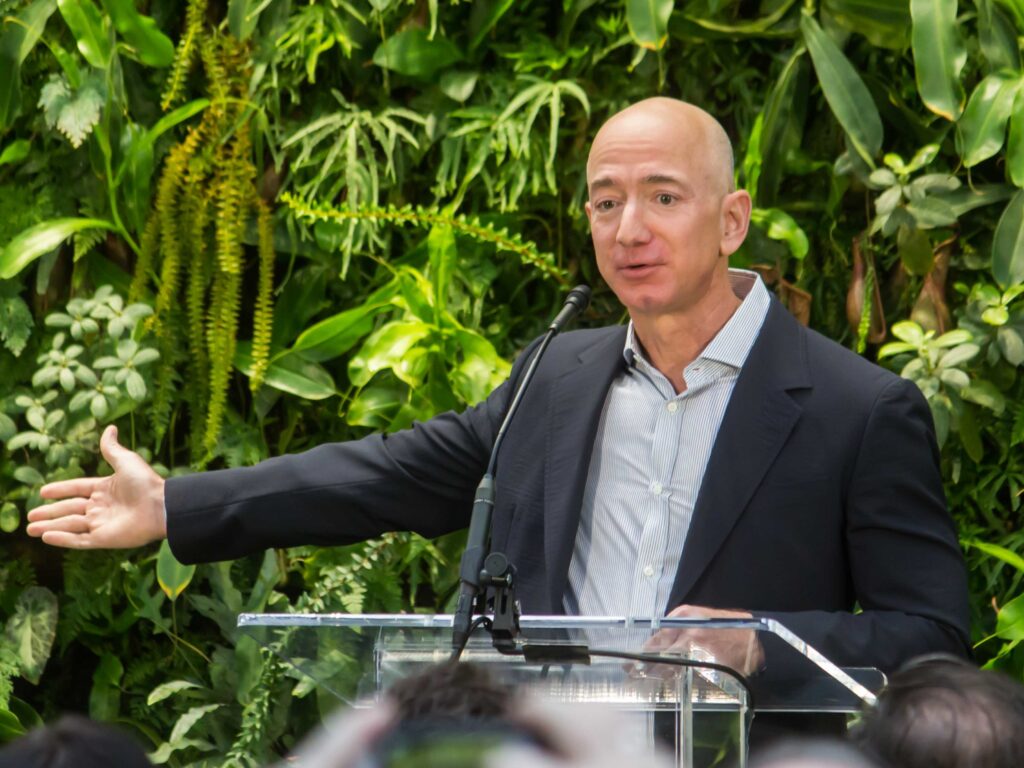
4. **The “Famous for Being Famous” Phenomenon**A distinguishing, and often critiqued, feature of contemporary celebrity culture is the “famous for being famous” phenomenon. This popular culture term describes individuals who achieve stardom without clear identifiable talents, or whose recognition stems mainly from their association with existing celebrities. It carries a pejorative connotation, implying a lack of substantive abilities and a superficial basis for their public prominence.
British journalist Malcolm Muggeridge is credited with coining the phrase in his 1967 book, *Muggeridge Through The Microphone*. He noted, “In the past if someone was famous or notorious, it was for something… Today one is famous for being famous. People who come up to one… nearly always say: ‘I’ve seen you on the telly!'” This observation perfectly captures a shift where visibility itself becomes the primary qualifier for fame, rather than traditional achievements.
Reality television has significantly propelled this phenomenon, offering platforms for ordinary individuals to gain widespread recognition simply through participation. As the context highlights, many reality show contestants “fall into this category: the only thing that qualifies them to be on TV is that they’re real.” This emphasis on unscripted presence, rather than specific skills, reshapes the traditional pathways to stardom. The terms “famesque” and “celebutante” further emphasize the often-derisive nature of this type of celebrity.
American socialite Paris Hilton is frequently cited as a prime example of being “famous for being famous,” demonstrating how public visibility alone can generate celebrity. Kim Kardashian, whose rise through reality TV and social media transformed her personal life into a powerful brand, further illustrates this trend. This evolution has attracted criticism for prioritizing superficial recognition over tangible achievements, reflecting broader societal changes in how fame and success are valued in modern culture.
Read more about: Kim Kardashian’s True ‘Secrets’ for Shaping Her Billion-Dollar Image (and What It Means for Your Wellness Journey)
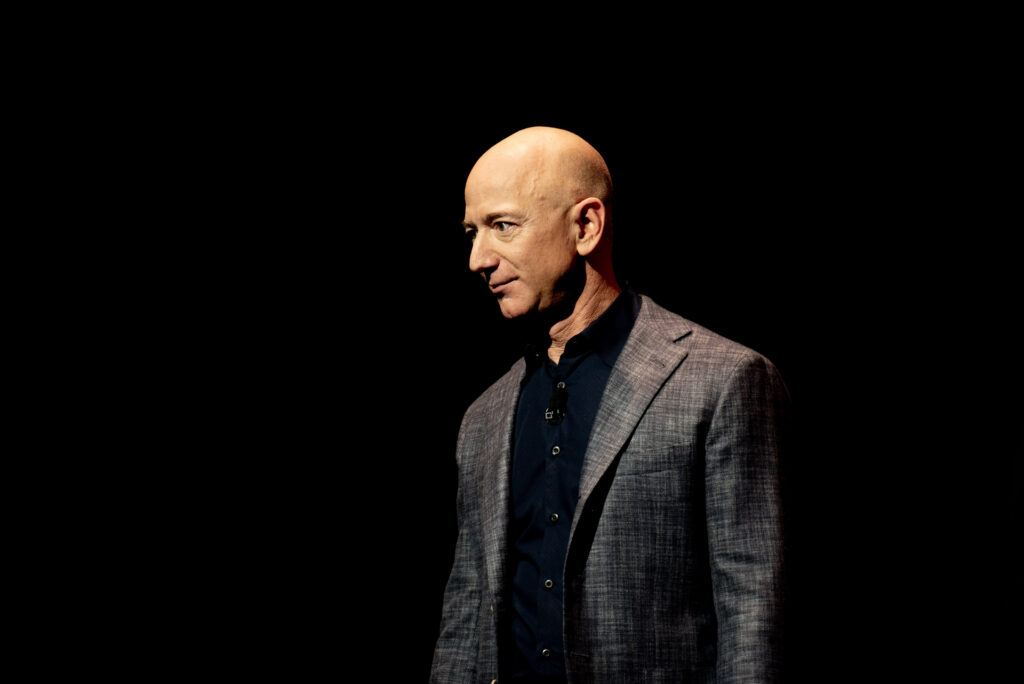
5. **Mass Media’s Role in Amplifying Visibility**Mass media profoundly reshaped the concept of celebrity, vastly increasing visibility and globalizing fame. Historically, traditional media—newspapers, radio, television—were the primary vehicles for individuals to gain and maintain stardom. They transformed private lives into public narratives, ensuring every detail, success, and misstep was widely consumed, often influencing trends and consumer behavior on a grand scale.
The advent of television in the latter 20th century introduced new forms of celebrity beyond film actors, including presenters, talk show hosts, and newsreaders. While many were regionally famous, a few, like Oprah Winfrey or David Frost, achieved broader international recognition. Television also offered unprecedented exposure for sports figures, notably Pelé after the 1958 FIFA World Cup, with *The Guardian* stating, “Pelé invented this game, the idea of individual global sporting superstardom.”
This powerful media lens subjects celebrities to intense scrutiny, making nearly every aspect of their existence public fodder. Heightened visibility, while crucial for fame, is a double-edged sword, leading to privacy erosion and mental health challenges. Celebrities are often portrayed in extremes: as models of perfection when awarded, or as decadent and immoral during scandals. This binary representation shapes public perception dramatically.
Furthermore, mass media often imbues celebrities with an aura of extraordinary ability. Actors are frequently praised for quickly acquiring complex skills for roles, astonishing trainers. Similarly, individuals with limited formal education can be presented as experts on intricate issues, leveraging their platform to sway public opinion, as seen with figures like Matt Damon voicing strong political views. This pervasive influence highlights media’s capacity not just to create stars, but to mold their public image and impact discourse.
Read more about: From Stardom to Screens: How 12 Viral Moments Reshape Public Perception Forever
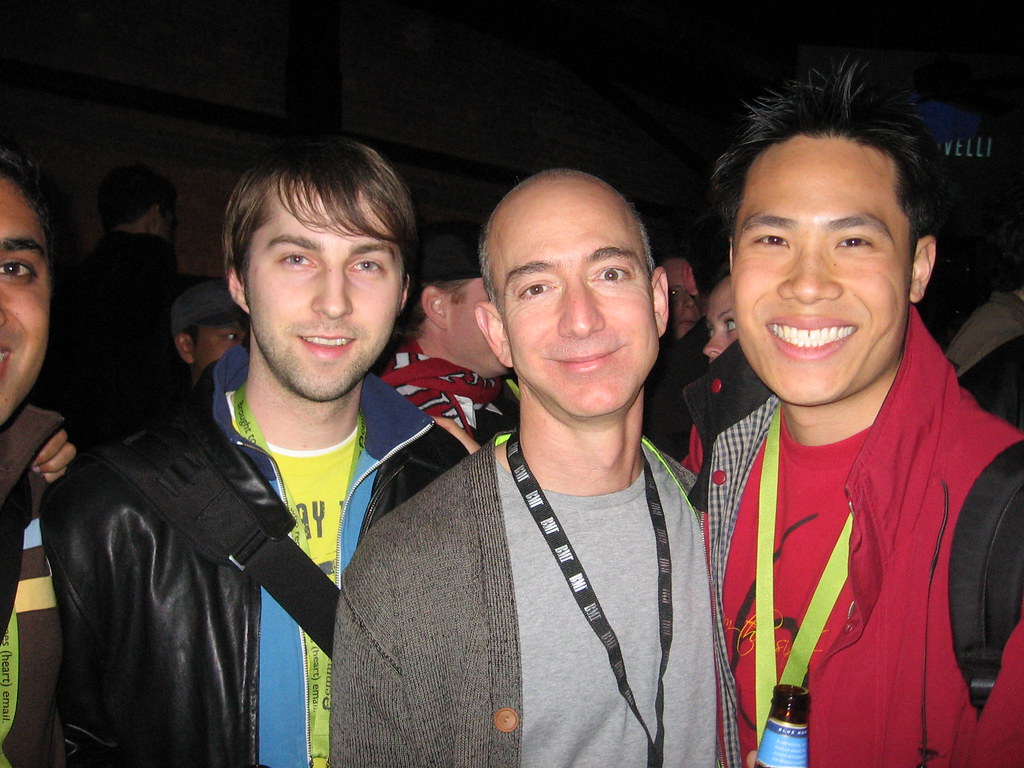
6. **The Internet’s Transformative Impact on Fame**The internet and social networking have profoundly transformed celebrity, fundamentally altering how fame is attained and experienced. Platforms like YouTube, Twitter, Facebook, Instagram, and Snapchat allow high-profile celebrities to communicate directly with fans, bypassing traditional media. This direct engagement fosters intimacy and authenticity, effectively “humanizing” stars and fueling public fascination, as evidenced by the enduring popularity of celebrity-focused magazines.
Social media and smartphones have democratized pathways to stardom, enabling individuals to achieve fame within their online spheres, sometimes leading to global recognition. Justin Bieber’s early career, for example, began with singing videos on YouTube, facilitating direct fan interaction. The internet has thus created unprecedented opportunities for connection, allowing fans to engage deeply with favorite personalities without physical proximity.
These digital platforms have also launched specific individuals into the limelight, showcasing their power to create instant celebrities. Tila Tequila gained widespread recognition through MySpace, highlighting how early social media could act as a springboard to fame. This digital evolution not only broadened the definition of celebrity but also diversified its consumption, with online personalities developing unique commercial brands, such as China’s “Wanghong” who leverage platforms like Taobao for business ventures.
However, direct online interaction and heightened visibility carry challenges. While social media enables curated personas, it also exposes celebrities to intense global scrutiny and commentary, blurring privacy lines. The constant demands of online engagement and the potential for viral backlash contribute to the complex pressures modern celebrities navigate, demonstrating the internet’s dual capacity to both elevate and complicate the celebrity experience.
Read more about: The ’90s Unleashed: 10 Era-Defining Trends That Secretly Forged Tomorrow’s Stars

7. **Access Restriction and Security Concerns**The glamorous lives of celebrities often come with an unseen layer of stringent security, a necessary defense against the relentless public gaze and potential threats. For high-profile individuals, access is meticulously controlled by an extensive entourage, including managers, publicists, agents, personal assistants, and dedicated bodyguards. This intricate web of support is not merely for managing schedules but forms a crucial barrier against unwanted intrusions.
Journalists, for instance, frequently encounter significant hurdles when attempting to connect with major celebrities. As writer and actor Michael Musto observed, “You have to go through many hoops just to talk to a major celebrity. You have to get past three different sets of publicists: the publicist for the event, the publicist for the movie, and then the celebrity’s personal publicist. They all have to approve you.” This layered approval process highlights the systematic efforts to filter interactions and maintain a carefully curated public image.
Beyond public appearances and media engagements, personal security extends to private residences and properties. Celebrities routinely employ security staff to safeguard their homes, belongings, and, most importantly, their families from various threats, including persistent paparazzi and the more sinister dangers of stalking. These measures underscore the profound erosion of privacy that accompanies fame, transforming what for most are private spaces into zones requiring constant vigilance and protection.
Read more about: Beyond the Blue Bubble: 14 Android Features iPhone Users Still Can’t Get in 2025
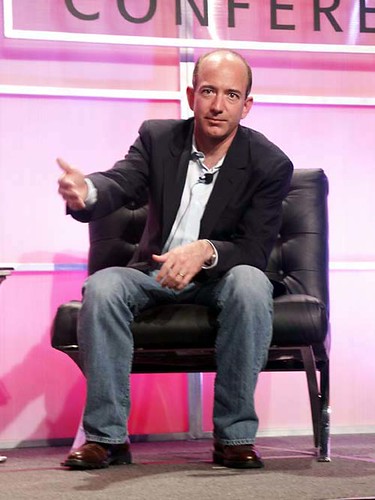
8. **The “Fifteen Minutes of Fame” and Fleeting Recognition**The modern media landscape has given rise to a unique phenomenon: the “fifteen minutes of fame,” a term describing brief, often intense, bursts of public recognition. This short-lived publicity typically applies to individuals who achieve fleeting notoriety, perhaps through an unexpected association with an A-list celebrity, or by engaging in actions deemed sensational enough to capture media attention. It signifies a transient spotlight, distinct from enduring stardom built on established talent or achievement.
Reality television, in particular, has become a fertile ground for this type of celebrity. Many contestants on these shows exemplify the concept, gaining widespread visibility simply by participating in unscripted narratives. As the saying goes, “many reality show contestants fall into this category: the only thing that qualifies them to be on TV is that they’re real.” This pathway to fame bypasses traditional avenues, focusing instead on authenticity or the dramatic potential of ordinary lives.
However, the psychological adjustment to receding fame can be profoundly challenging. Academic studies have noted an “addictive quality” to fame, making it difficult for individuals to cope when the intense public attention inevitably wanes. The ephemeral nature of this recognition often leaves those who have experienced it grappling with a sense of loss, highlighting a darker psychological consequence that accompanies the fleeting embrace of stardom.
Read more about: From Reality Stardom to Silver Screen Success: 15 Stars Who Conquered Hollywood Acting
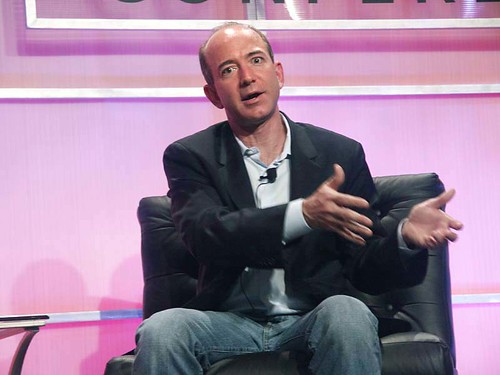
9. **The Broader Health Implications of Stardom**Fame’s darker side extends significantly into the realm of health, presenting unique and often severe challenges to those in the public eye. Beyond the general stresses, specific threats like stalking can escalate into serious concerns, contributing to phenomena such as “celebrity worship syndrome.” This condition describes an individual becoming overly engrossed in a celebrity’s personal life, often to an unhealthy degree, posing both psychological and physical risks to the star.
Research further indicates a sobering reality regarding the lifespan of celebrities. One study revealed that singers, musicians, actors, and athletes, on average, tend to die younger than professionals in less public fields such as writers, composers, academics, politicians, and businesspeople. This disparity is often accompanied by a higher incidence of certain illnesses, notably cancer, particularly lung cancer. While the precise reasons remain complex and multifaceted, theories suggest innate tendencies towards risk-taking or the unique pressures and opportunities inherent in certain types of fame contribute to these outcomes.
Moreover, the influence of celebrities on public health decisions has garnered increasing attention from researchers. It is widely acknowledged that the public often heeds health advice disseminated by famous personalities. This can be a force for good when celebrities champion solid, evidence-informed health practices, promoting positive societal well-being. Conversely, it can have detrimental effects if the advice is not scientifically accurate, leading to the spread of misinformation and potentially harmful behaviors within the population.
Read more about: 15 Crucial Reasons Why You Should Think Twice Before Buying a Used Car from a Dealership
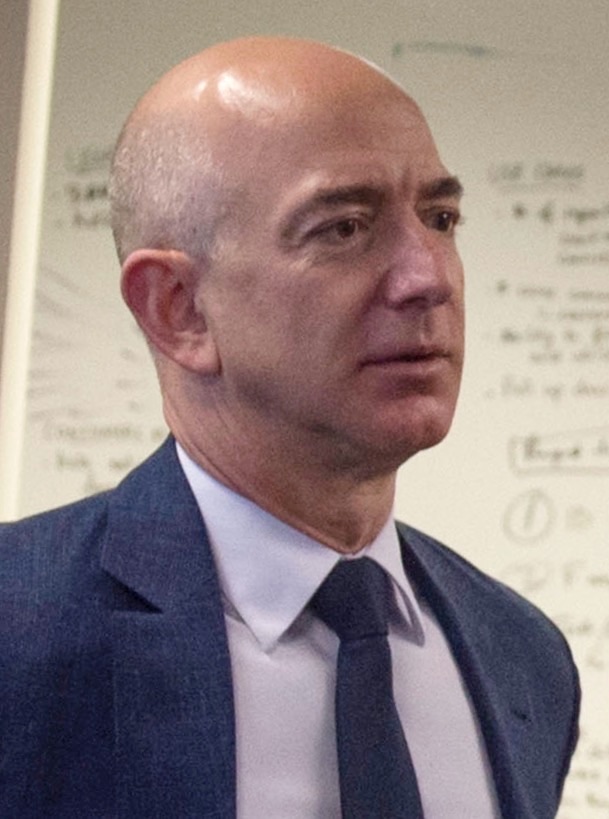
10. **The Double-Edged Sword of Constant Scrutiny and Privacy Erosion**The pervasive reach of mass media, now amplified by the internet, has dramatically intensified the level of scrutiny celebrities face, effectively turning their lives into continuous public narratives. While this amplification is crucial for achieving global fame, it simultaneously acts as a double-edged sword, profoundly eroding personal privacy. Every success, misstep, and personal detail becomes fodder for public consumption, fueling a complex love/hate relationship between stars and their audience.
This intense public gaze often forces celebrities into binary portrayals. They are either celebrated as glowing examples of perfection, particularly when receiving accolades, or swiftly condemned as decadent and immoral during times of scandal. This stark dichotomy shapes public perception and makes it incredibly challenging for individuals to maintain a nuanced public image. Moreover, mass media frequently imbues celebrities with an aura of extraordinary ability, showcasing actors rapidly acquiring complex skills for roles or presenting individuals with limited formal education as experts on intricate issues, leveraging their platforms to sway public opinion on various matters.
The rise of social media platforms has further blurred the lines between public and private, despite offering celebrities direct communication channels with their fans. While these platforms enable stars to craft curated personas, they also expose them to an unprecedented volume of global commentary and judgment. The constant demands for online engagement, coupled with the ever-present threat of viral backlash, contribute to the intricate pressures and challenges that define the modern celebrity experience, underscoring the ongoing tension between a desire for privacy and the accountability that comes with immense public visibility.

11. **The Jeff Bezos Yacht Incident: A Prime Case Study**In a scene reminiscent of a high-profile drama, Jeff Bezos, the Amazon founder and one of the world’s wealthiest individuals, found his luxurious superyacht, Koru, at the center of an unexpected law enforcement inquiry. This incident, occurring during a routine check in Saint Barthélemy at the dawn of 2025, quickly drew headlines, starkly illustrating how immense wealth and privilege are not entirely immune to rigorous global regulations and public oversight.
Reports from Page Six detailed a three-hour search by customs officials on Bezos’s opulent yacht, valued at an astonishing €500 million, while it was anchored off the picturesque shores of Saint Barth in the Caribbean. Intriguingly, Bezos himself was not present on board at the time, though his fiancée, Lauren Sánchez, was reportedly on the dock enjoying New Year celebrations with her ex-boyfriend, Tony Gonzalez, adding an unusual layer of public interest to the already high-profile event.
The rationale behind this search stems from Saint Barthélemy’s notably stringent regulations, particularly concerning the movement of significant sums of money. The idyllic Caribbean island enforces a strict rule: any individual carrying more than €10,000 in cash must declare it to the authorities beforehand. This crucial measure forms part of a broader, ongoing effort by the island to proactively combat financial crimes such as money laundering and, notably, the illegal drug trade, with a specific focus on cocaine trafficking within the region. Customs officials, therefore, routinely conduct comprehensive checks on all vessels arriving in their waters to ensure full compliance with these vital financial transparency and security protocols.
Bezos’s yacht, named Koru, meaning “new beginning” in Maori, is itself a marvel of modern naval architecture and a testament to his extravagant tastes and ambition. Constructed in 2022 near Rotterdam, Netherlands, Koru holds the distinction of being the second-largest sail yacht globally, stretching an impressive 127 meters in length and 16 meters in width. Its design features three towering masts, each soaring 70 meters above the waterline, alongside an array of luxurious amenities. These include a meticulously appointed chef’s kitchen, a grand library with opulent leather-lined walls, and panoramic viewing areas designed to offer breathtaking vistas, such as those of the San Francisco Bay.
One particularly notable and controversial aspect of Koru’s construction and maiden voyage involved the historic Koningshavenbrug bridge, built in 1878. Due to the yacht’s colossal dimensions, particularly its towering masts, the bridge had to be temporarily dismantled to facilitate Koru’s passage. This engineering feat and the disruption it caused ignited considerable debate and discussion among local authorities and residents alike, underscoring the immense logistical and public relations challenges associated with operating such a colossal and high-profile vessel. The incident, while seemingly isolated, underscores a broader narrative about the privileged yet scrutinized existence of the ultra-wealthy.
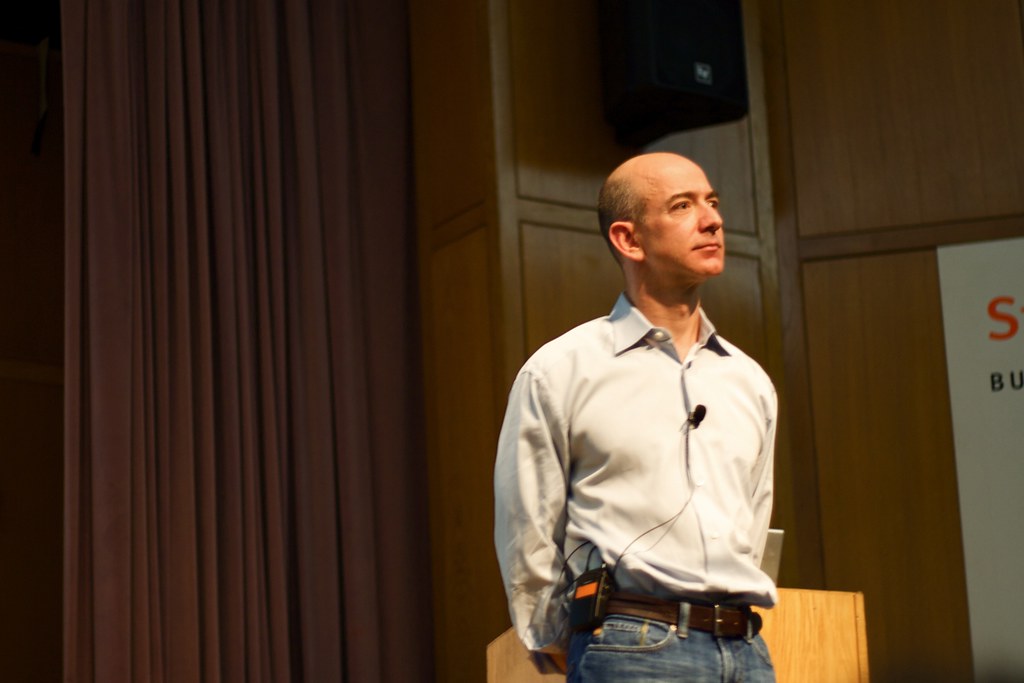
12. **The Enduring Tension: Wealth, Privacy, and Accountability**The incident involving Jeff Bezos’s yacht in Saint Barthélemy offers a potent illustration of the inherent complexities that accompany immense wealth and celebrity in the modern era. While the search was officially described as a routine procedure, meticulously carried out to uphold stringent financial regulations, it inadvertently brought to the forefront the ongoing, often delicate, tension between the desire for personal privacy and the demand for public accountability in the lives of the ultra-rich. It highlights that even at the pinnacle of global affluence, individuals and their assets remain subject to the watchful eyes of regulatory bodies.
Reactions to the search were, predictably, diverse. Some observers perceived it as an unwarranted intrusion into the private affairs of the wealthy, viewing it as an overreach by authorities. Others, however, staunchly defended it as a necessary and impartial application of the island’s strict financial laws, ensuring that all individuals, regardless of their financial standing, adhere to established protocols. Bezos himself maintained a characteristic silence on the matter, choosing to prioritize his privacy while continuing his philanthropic and entrepreneurial endeavors. His fiancée, Lauren Sánchez, despite the high-profile nature of the event, displayed remarkable composure, continuing her celebrations.
This event serves as a critical reminder that even in exclusive, glamorous destinations favored by the global elite, governments and regulatory agencies are steadfast in their commitment to maintaining security and financial integrity. The rigorous enforcement of laws, such as those combating money laundering and drug trafficking, applies universally, regardless of one’s fame or fortune. The Bezos yacht incident thus becomes a vivid case study, emphasizing the enduring challenge of balancing the allure and privilege of immense wealth with the non-negotiable imperative of compliance and accountability within a globally interconnected and highly scrutinized world. It reminds us that no amount of wealth provides absolute immunity from the law’s reach.



